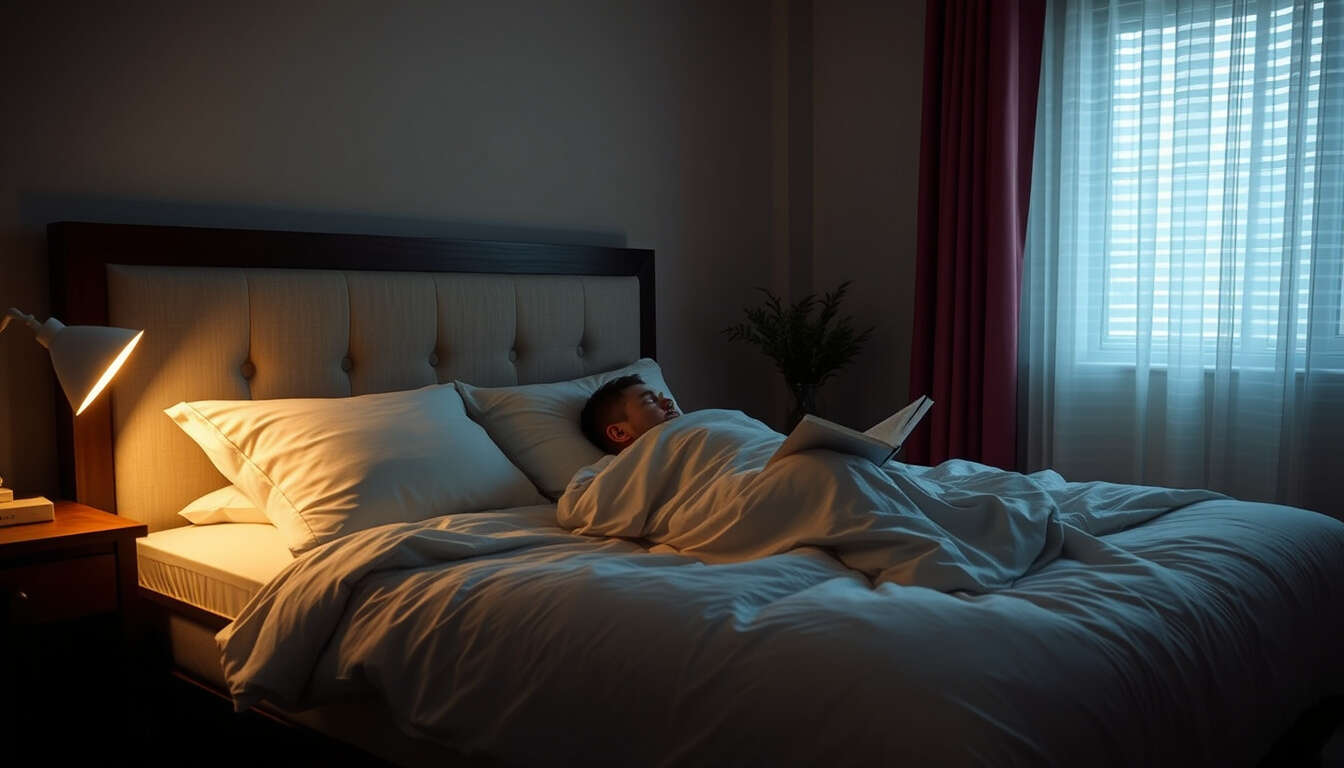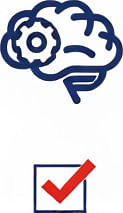Enhancing Sleep Hygiene for Adults with ADHD
 by Verner Mayer
by Verner Mayer
Good sleep hygiene can make a big difference for adults with ADHD, helping to reduce symptoms and boost daily focus. This article explores practical strategies to improve sleep routines and enhance overall productivity in a supportive way.

Many adults with ADHD face challenges with sleep, which can make daily tasks feel overwhelming. Sleep hygiene involves simple habits that promote restful nights and refreshed mornings. For those with ADHD, establishing these habits can lead to better focus and energy.
Why Sleep Matters for ADHD
Good sleep is essential for anyone, but it plays a key role in managing ADHD symptoms. Without enough rest, concentration and motivation often suffer. Research shows that poor sleep can worsen impulsivity and forgetfulness, making it harder to stay productive. By prioritizing sleep, individuals can experience clearer thinking and more stable moods.
One effective approach is creating a consistent bedtime routine. This helps signal to the body that it's time to wind down. sleep hygiene routines might include reading or listening to calming music before bed.
Practical Strategies to Improve Sleep
Developing new habits can be tough, especially with ADHD, but small steps can lead to big changes. Here are some helpful techniques:
-
Set a regular sleep schedule by going to bed and waking up at the same time each day, even on weekends. This builds a natural rhythm that supports better rest.
-
Create a sleep-friendly environment. Keep the bedroom cool, dark, and quiet to make it easier to relax. ADHD symptoms like racing thoughts might disrupt this, so try using white noise machines.
-
Limit screen time in the evening. Exposure to bright lights from devices can interfere with the body's sleep signals, so aim to turn off screens an hour before bed.
-
Incorporate light exercise during the day. Physical activity can reduce hyperactivity and promote tiredness at night, but avoid intense workouts close to bedtime.
These strategies work because they address common barriers for people with ADHD. For instance, breaking tasks into smaller steps makes it less intimidating to start a new routine.
Building Long-Term Habits
Once basic techniques are in place, maintaining them becomes easier. Track progress in a simple journal to see improvements over time. If distractions arise, use timers or reminders to stay on track. Remember, it's normal to have setbacks, and being kind to yourself is important.
By focusing on these methods, many find that their overall productivity increases. With better sleep, tasks that once felt impossible become more manageable, leading to a sense of accomplishment and well-being. Everyone's journey is unique, so experiment to find what works best for you.
In summary, adopting good sleep practices can transform how you handle ADHD challenges. These changes not only improve rest but also enhance daily performance, offering a path to greater confidence and success.
